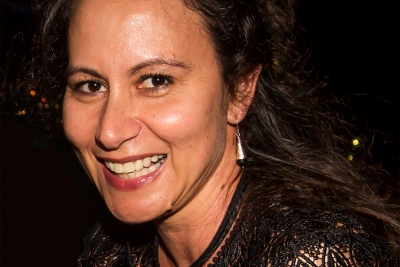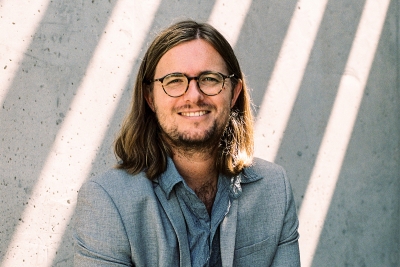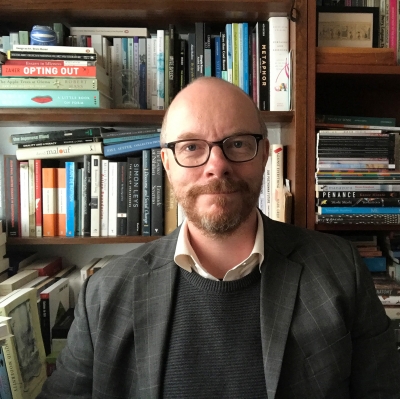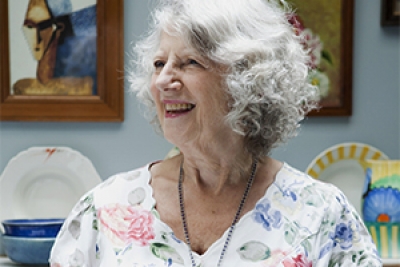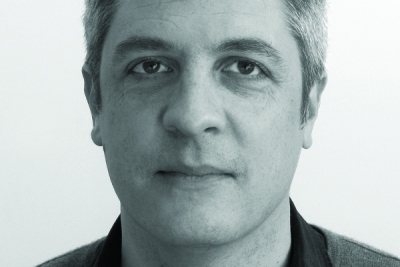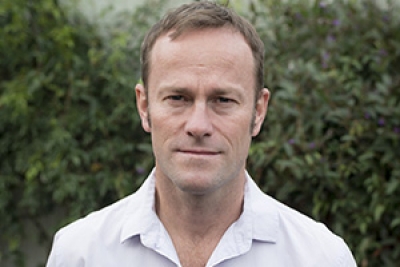Publisher of the Month
My primary pleasure over the years has come from Australian fiction. I started with Patrick White, Martin Boyd, Shirley Hazzard, and Jessica Anderson and have never really stopped. Although I do possibly read as much American fiction, I feel more connected to the Australian writers.
... (read more)I have always published the books that reflect what I would like to write myself, which is why our list champions the female voice so well and also mental health issues. I did start a memoir a few years ago. But it was too gloomy for me to write let alone for someone to read. My father had died the same year so I see now it was completely the wrong time. It was such hard work to find my voice and so lonely a task that I have the utmost respect for writers. However after a trip back to England for Christmas, I find that the words are flowing. Writing takes me to a place of deep and productive solitude – and I now no longer fear where my writing might take me.
... (read more)There is nothing more rewarding than seeing a manuscript that I have had a hand in developing and publishing go on to earn that writer critical and commercial acclaim. It means I have done my job properly. Seeing that book connect with readers, win awards, and sell enough copies to make the author a living are the greatest pleasures of my work. The challenges occur when, despite the best efforts of author and publisher, these outcomes don’t eventuate.
... (read more)I do think that concentrating on getting good stories from literate peoples may be a narrow way of looking at the world. Statements by some non-Indigenous publishers that they have ‘standards’ when it comes to First Nations writing are also extraordinarily limiting. Honestly, you mob seriously need to think outside the box and open up to different ways of thinking.
... (read more)I completed a writing degree, then was published in Voiceworks magazine, then joined its editorial committee, there discovering that editing is a wonderfully creative and fulfilling act, then commissioned and published some folios of new work in other literary publications, then joined The Lifted Brow magazine as fiction editor, then ...
... (read more)Having the opportunity to work with a diverse range of extremely talented writers and bring their books into the world is a gift. The greatest challenge isn’t with authors, but covering rent and surviving.
... (read more)I am very proud of most of the books I have published. Some that stand out include Kate McClymont and Linton Besser’s He Who Must Be Obeid, which involved us all in a world of pain, but also instigated the case against Eddie Obeid. Working with Julia Gillard on My Story was rather special, and last year I published Rusted Off from Gabrielle Chan ...
... (read more)I put an advertisement in the London Times newspaper in 1964 or thereabouts, which stated ‘Australian BA, typing, wants job in publishing’. I got three offers and accepted one, which was being a menial for a sponsored book editor at Hutchinson’s. But my real pathway was my mother and father, both great readers; I grew up surrounded by books.
... (read more)The greatest pleasure is helping authors make their work the best version of itself. There is no greatest challenge, I am glad to say, although sometimes expectations need to be ‘managed’.
... (read more)I am in publishing to make a positive difference to society, so when one feels that, with the author, we’re doing that, it’s gratifying. The greatest challenge is trying to explain why not all good books find the readership they deserve, despite marketing efforts and positive media and reviews. For some books, the time is not right.
... (read more)




